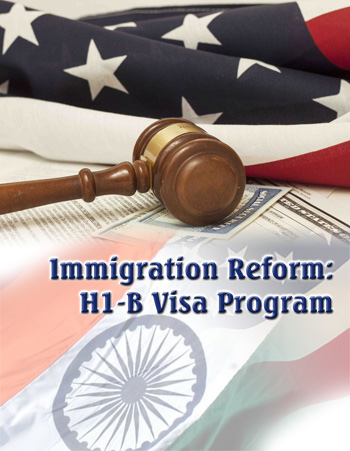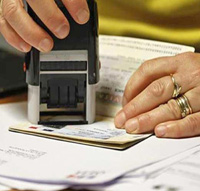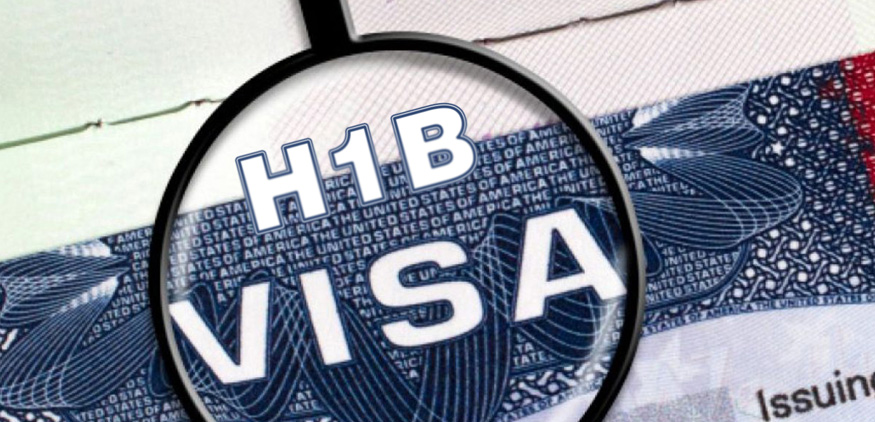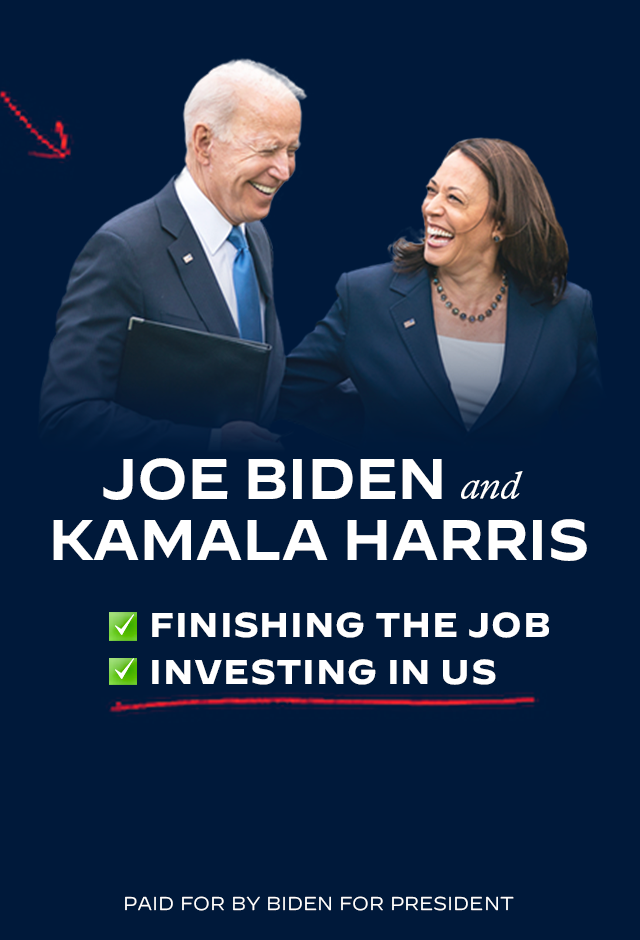Immigration Reform: H1-B Visa Program
 |
Current Status of H-1B Visa The H-1B Visa is a non-immigrant visa classification for temporary employment in a specialty occupation with qualifying US Company. Currently, the H-1B Visa Program remains the same as it has been over the decade, although like in the past, there are several proposed bills pending with the House of Representatives to revise and revamp the H-1B Visa Program. Every year there are 65,000 new H-1B Visas available in the Bachelor’s Quota and an additional 20,000 new H-1B Visas available in the Master’s Quota for Candidates that possess a Master’s Degree from a US Institution. The quota is generally open for the first 5 business days of April every year. Over the last several years, United States Citizenship and Immigration Services (more commonly known as “USCIS”) receives over 300,000 applications for the new 85,000 H-1B Visas available every year. For the Fiscal Year 2018 Quota, which just passed in April 2017, USCIS received 199,000 applications for the 85,000 available visas. USCIS conducts a lottery every year to determine which 85,000 applications will be accepted for processing (meaning assigned to an Officer to determine approvability based on the merits of the application) and the rest not picked in the lottery will be returned to Petitioners along with their Filing Fees. |
|
By Shilpa Jadwani, Esq., Associate Attorney, Neera Bahl & Associates, LLC
|
|
| Making it through the lottery and being accepted for processing is only the first hurdle that one must cross to be one step closer to obtaining an H-1B Visa. The next hurdle is to prove beyond a preponderance of the evidence that the Company and the Candidate qualify for the Visa based on the documentation and evidence submitted. Not all 85,000 applications that are picked up for processing are approved. | |
|
Proposed Changes to the H-1B Visa Program
Democratic Representative Zoe Lofgren, also from California, has drafted what she states is a “more comprehensive” bill that would award visas by which Employers offer the highest salaries. Under both the current and Issa’s proposals visas are awarded by a random computer lottery system. Representative Lofgren’s bill will also propose changes to how permanent visas are awarded, eliminating limits allocated by Country. However, Rep. Lofgren’s bill has not yet been introduced, unlike Rep. Issa’s bill which is currently pending before the House of Representatives. |
|
|
A Bill is Not the Law
|
|
|
About the Author Shilpa Jadwani, Associate Attorney at Neera Bahl & Associates, earned her JD from John Marshall Law School, her Bachelor’s in Psychology from Seton Hall University, and a Certificate in Paralegal Studies for Farleigh Dickinson University. Shilpa holds the CALI for Excellence Award in Immigration Law. Shilpa has over five years of collective hands-on experience in Immigration Law and her specialty is employment based classifications (H1Bs, L-1s, I-140, etc.) and victim based petitions (U-Visa, Violence Against Women Act, etc.). For more information, visit www.bahllaw.com or call (770) 622-1511. |
|





























